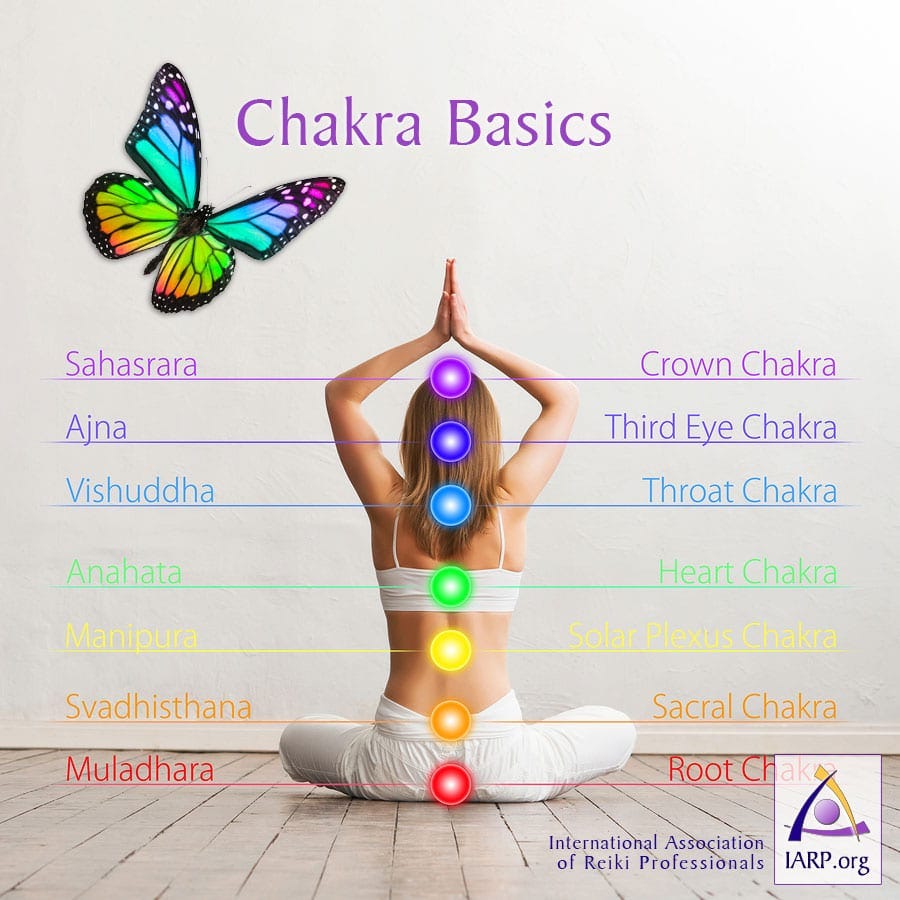What is ‘life energy’?
In some health-conscious circles, practitioners speak of “energy” as a “life force” that moves within us. I have accepted, but never really understood, their use of “energy” in that context.
Chi, kundaluni, chakras
My fundamental ideas about energy, its nature and properties, was shaped early and academically in high school and university. Studies in physics, chemistry, physiology and electronics taught me about forms of energy that have been identified, mapped, measured and analyzed in countless ways. The metaphysical notions of “life energy” has been more elusive to my understanding.
When teachers of Qigong, reiki and yoga talk about ‘life energy’, they usually speak with the authority of someone who possess a deep knowledge in the same way as someone with a Physics doctorate who can expertly discuss thermodynamics, its laws and its many known manifestations.
I wonder if the use of the word “energy” may be inappropriate when applied to the metaphysical ideas about “life energy” that animates one’s body.
If it can’t be detected or measured directly like electricity or ATP production, is it still “energy” or is it something else? [Consciousness perhaps?]
Even the religious notion of ‘soul’ is beyond the instruments of science and can’t be known intimately or directly through science.
Instead ‘soul’, like chi, is a concept usually accepted more on faith than scientic fact.
My Life Lens
I studied human physiology, anatomy, neuro-muscular control, biomechanics, biochemistry, psycho-motor behaviour, and other subjects on my way to earning an Honours B.Sc. Kinesiology (the study of human performance). During those four years, I never encountered any discussions of chi as taught in Qigong and other Eastern practices. Kundalini is another form of “life energy” that yoga practitioners claim to move through chakras. Many spiritual traditions of India speak of chakras.
Both China and India are very old civilizations.
Most, if not all, of their traditional mind-body practices (yoga, tai chi, and others) have been around for eons and began long before the advances of modern sciences.
I make this point not because I think these practices have no value. I know that they do.
I have practiced some yoga, tai chi, reiki and Transendental Meditation in my past and am not naive about the benefits they bring to the communities they serve.
It’s the use of terms life ‘chi’ and ‘kundalini’ as forms of “energy” (a mysterious life force) that seems out of place in the modern scientic context.
In the absence of scientific facts…
Perhaps the term “energy” is used meant to be understood as metaphor, not science, in these Eastern metaphysical contexts. This is the way I generally accept its use.
However, I wonder how many others without my scientific knowledge will wrongly think that those metaphysical concepts are widely accepted and well understood within the fields of physics or biochemistry?
Does this matter?
Maybe the truth is that there is “ancient wisdom” in those traditions that science had sidestepped to its detriment.
Is it possible that the wisdom of the ancients is supervisor to modern science in many poorly understood ways?
Some people like traditions and their terminology.
I get that! It’s an emotional reaction, not a logical one.
Traditions evolve over long time horizons through folklore and the received wisdom of elders.
This omni-generational process of wisdom aggregation adds a sentimental tinge to the subject matter. This is welcome to many of us who inhabit an otherwise heavily mechanistic world.
This is certainly an understandable emotional response to ‘romantic’ traditions.
My sister, for example, has been forever fascinated by our family tree. She collects and cherishes artifacts that once belonged to our parents, grandparents and other ancestors down the family tree. That same sentimental characteristic is also likely the personality trait drew her to yoga and past religious interests throughout her life.
People who are inspired by the sentimentality of traditions over sciencific evidence should not be surprised when others are less enthusiastic.
It’s not surprising that others like me, who possess scientific knowledge of energy systems, may find it difficult to reconcile the use of “energy” in those traditions against the understanding of energy systems in the context of modern science.





What do I think ?
I choose to see two energies. Two forces in this reality. Love, or fear. In this lifetime of change and exponential spiritual growth these are the choices.
Do they meet the criteria of your discussion ? In my limited mind I say yes. Love is the energy of life, known by many titles. It is the very fabric of life as we know it now and will know it in our evolution.